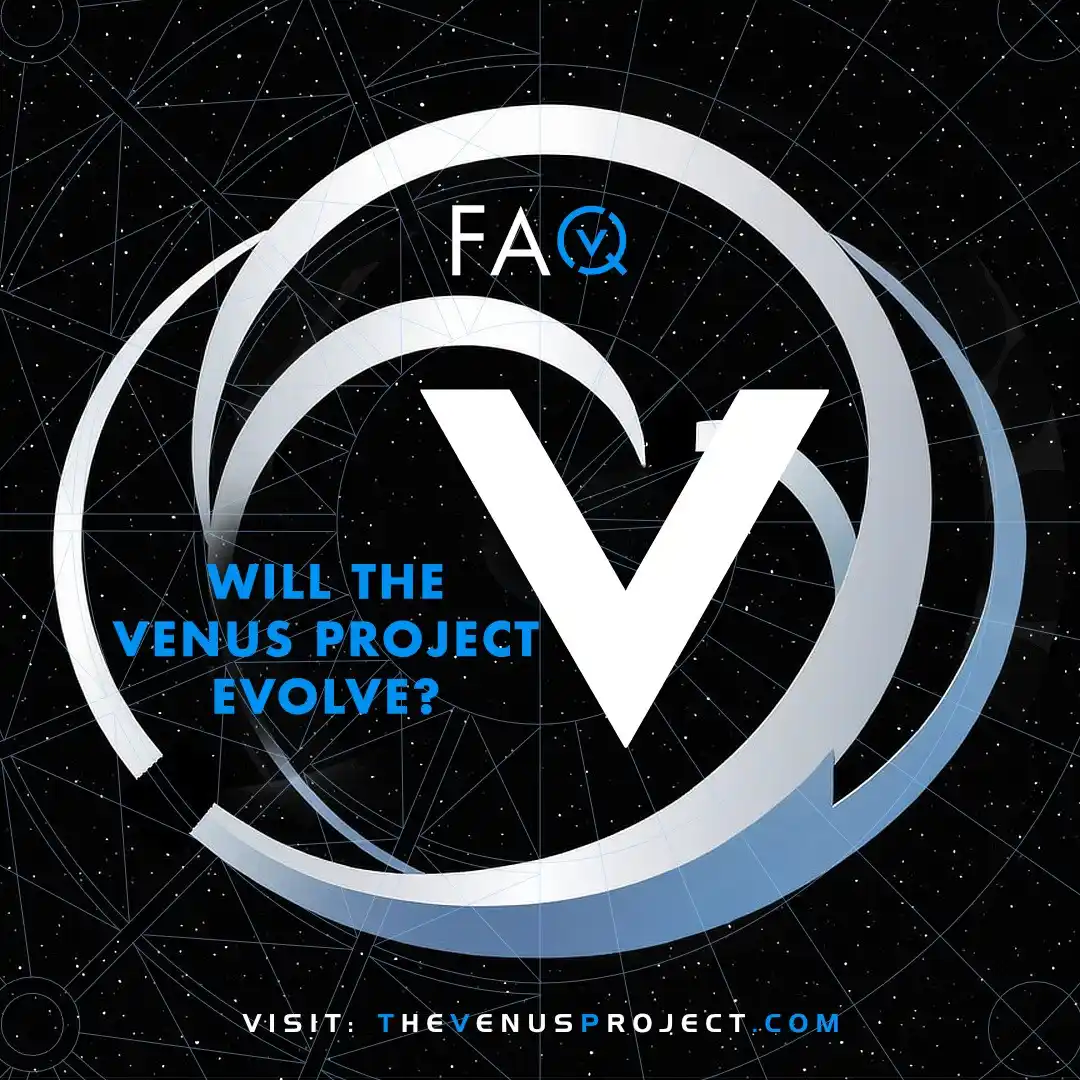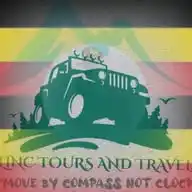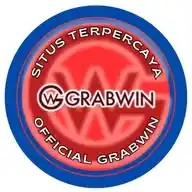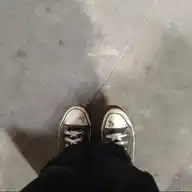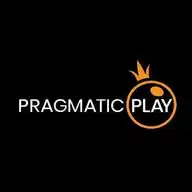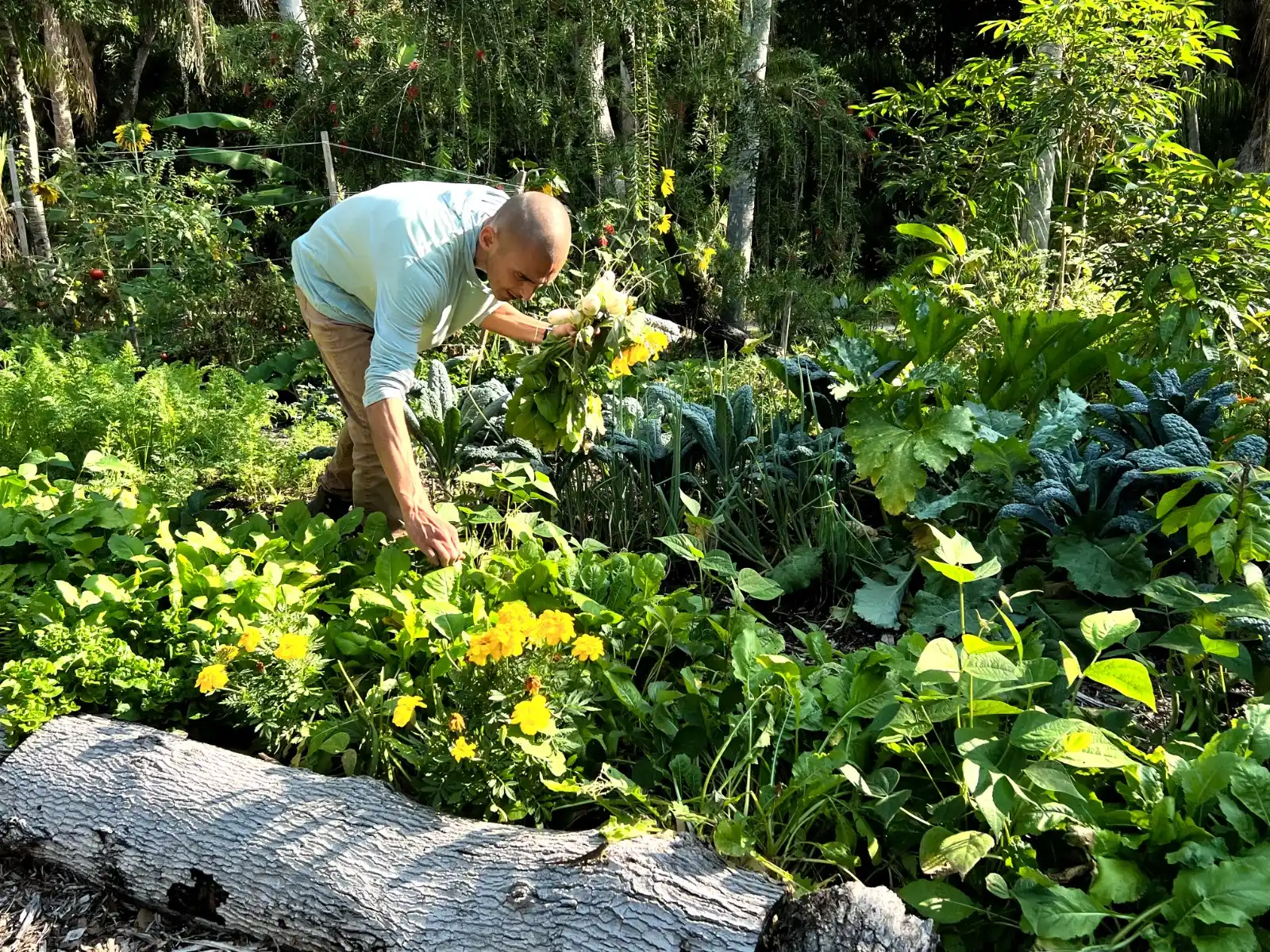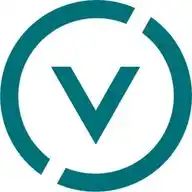
The Venus Project
108 subscribers
About The Venus Project
The official channel of The Venus Project.
Similar Channels
Swipe to see more
Posts

Iain McGilchrist introduces his latest book, The Matter With Things. https://youtu.be/XR6X4EIf1Ig

*From our recommended reading list: "The Matter With Things: Our Brains, Our Delusions, and the Unmaking of the World" by Iain McGilchrist* In this book, McGilchrist argues that the modern world is increasingly dominated by left-hemisphere thinking—mechanistic, abstract, and reductionist—at the expense of the holistic, contextual, and intuitive insights of the right hemisphere. Drawing on neuroscience, philosophy, and physics, McGilchrist contends that this imbalance distorts our understanding of reality, truth, and meaning. He proposes a reintegration of both hemispheres’ perspectives to reconnect with the fuller richness of the world and restore a more harmonious way of being. See more from our recommended book list: https://www.thevenusproject.com/learn/recommended-books-films-and-videos/
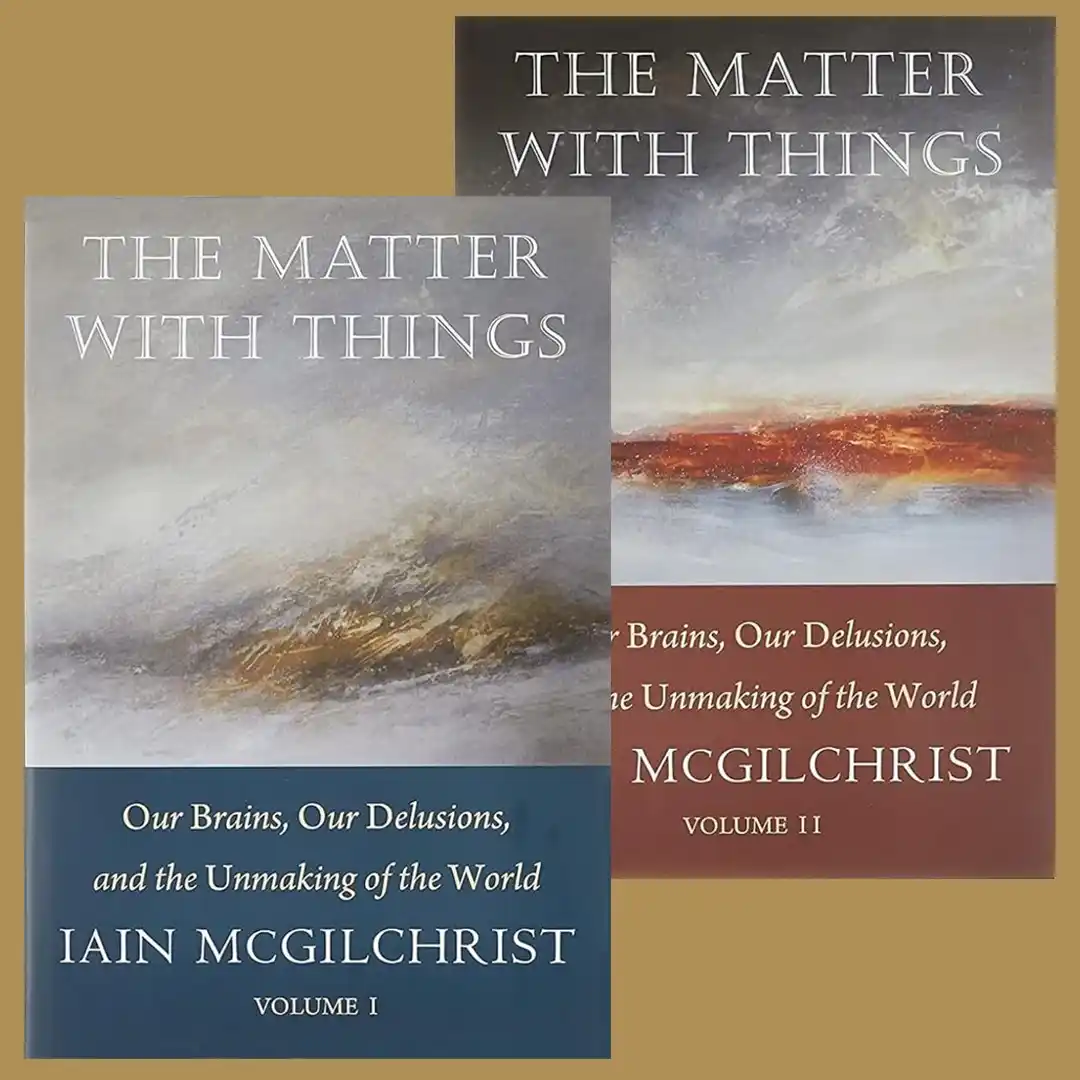

*Organic Regenerative Garden at The Venus Project Center* If you come on a tour to The Venus Project Center in Venus, Florida, you will now see an organic and regenerative garden. Over the years, the Venus Center has been used to showcase Jacque Fresco’s architecture. But many have wondered if the Venus Center is self-sufficient in its energy and food production. In that direction, last year we installed an organic and regenerative garden using all locally sourced materials (mostly from the same land). We are currently passing through Florida’s growing season and the first season for the garden and there is much ahead to report with regard to the why and how of its construction. Although this is only a starting seed, it initiates a vision to develop the land at the Venus Center. (Pictured above, Kesh Amo describing plants in the garden)
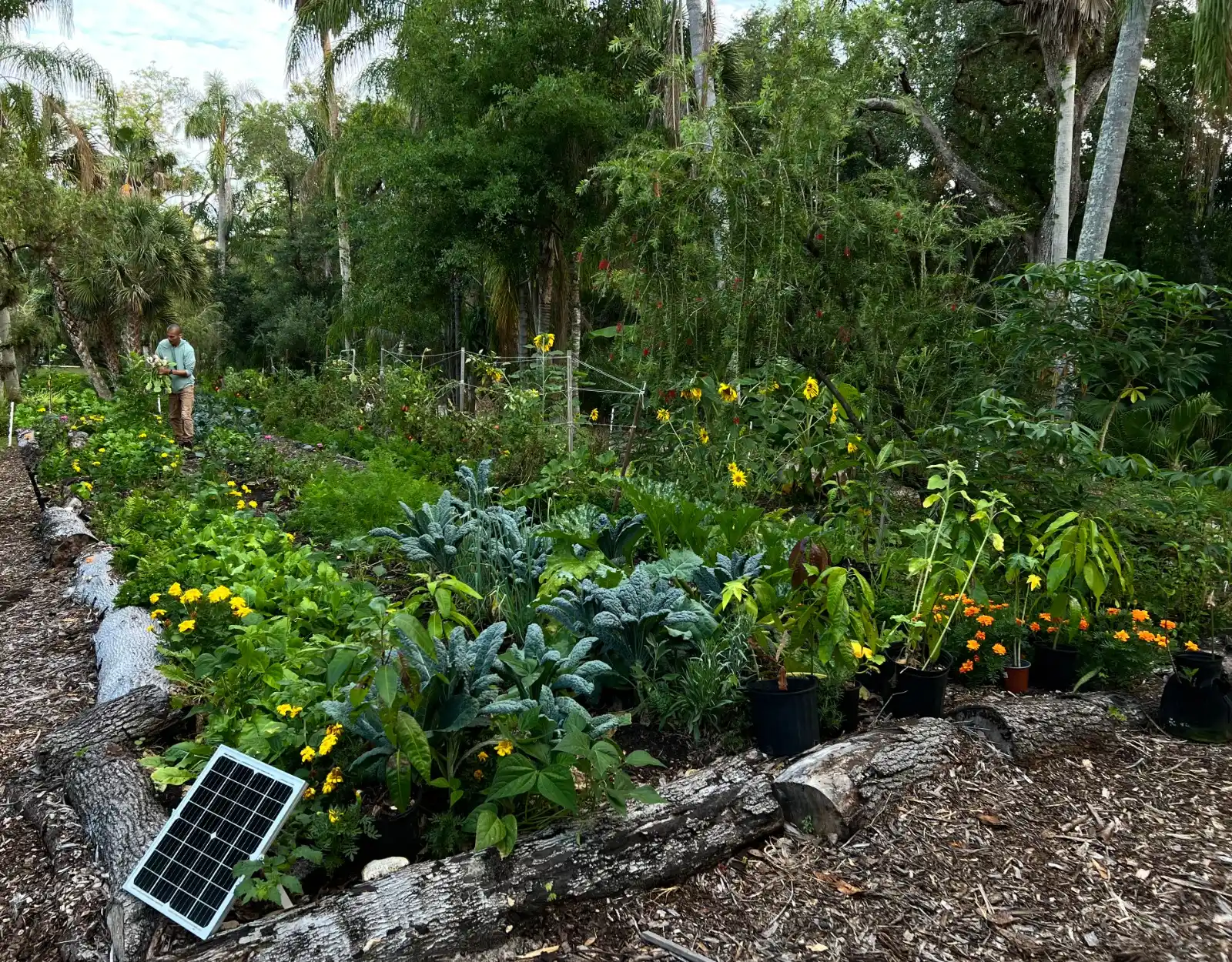

Try to think of as many core concepts, terms, or phrases that are unique to Jacque Fresco. What principles, maxims, quotes, or claims do you believe are most important in his work? What topics or themes does he most emphasize? What do you think are the major focus areas? Try to number your response as a list. https://thevenusproject.typeform.com/to/Wumr9tLl

For those of you following the Masterminding Eden event, be aware of the recent update. https://www.linkedin.com/posts/masterminding-eden_masterminding-eden-activity-7315146741601734657-5J3x

*Is The Venus Project trying to save the world?* While some would have us think that we are lucky to be graced by those with messianic destinies, The Venus Project encourages a more humble and practical attitude. The Venus Project is an assemblage of individuals seeking the fulfillment of their higher needs, which includes needs for community, creative expression, intellectual challenge, meaning in life, and a higher purpose. In these activities, we cannot know for certain if we will leave the world better than we found it, whether we will make it better or worse. As the saying goes, "the road to hell is paved with good intentions" and we can expect this outcome more likely when the travelers are blindly self-righteous. In other words, we cannot know if our actions will 'save the world'. However, what we can know is where the evidence leads. The Venus Project has amassed a body of evidence that culminates into a hypothesis in the form of a system design. If there is a chance to 'save the world', it does not begin first with the assumption that we are saving the world, for it may blind us to when we are not. Instead, the best we can do is promote a hypothesis worth testing, subject to revision based on results. In the meantime, we act with love, enjoy the process, and fear adding more suffering to the world. Read more FAQs: https://www.thevenusproject.com/learn/faq/
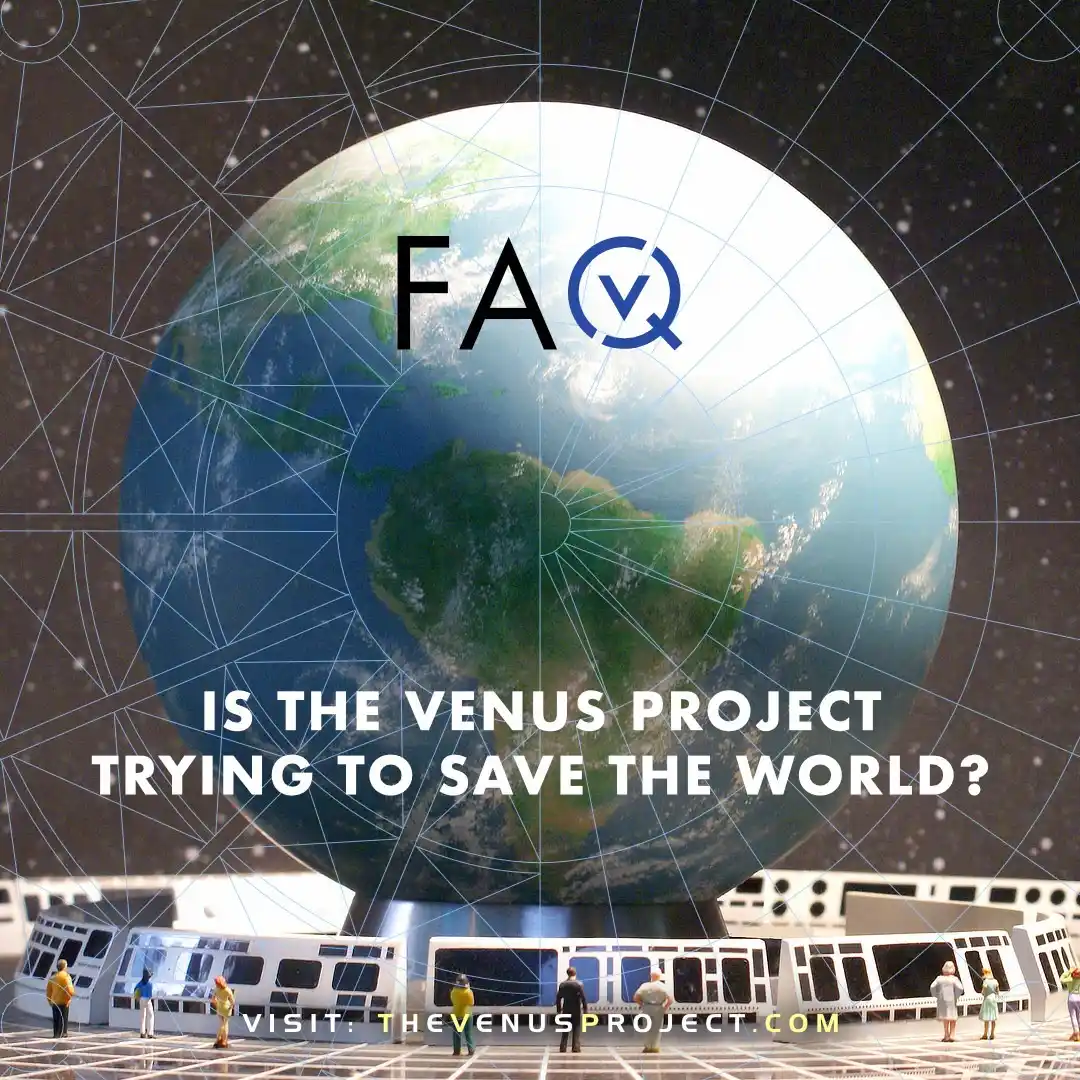

*Will The Venus Project evolve?* The question concerning The Venus Project's evolution has proven to be a controversial one. Many believe they know best what Jacque Fresco would have wanted based on his online introductory lectures. Unbeknownst to these scholars of Fresco's work is that they disagree with each other. If, when put into a room to dialogue, many would quickly find that they disagree with how The Venus Project should proceed, and in some cases, what it must proceed toward. Some argue that TVP should accept the fact of market dynamics and adapt accordingly, use the tools of this system such as money or cryptocurrency and marketing and business practices to get the job done. Others say this is selling out. Some say that TVP should not deviate from Jacque Fresco's exact formula, while others say TVP desperately needs to update. Meanwhile, some worry that such an update is a trojan horse for hijacking the brand. Some think we should "build the city already" while others think we are not ready and need to "spread more awareness". Each perspective believes it is correct and expects The Venus Project leadership to satisfy all opposite points of view simultaneously. These tensions force the system toward managing the evolution as a technical process to minimize arbitrariness and justify decisions and avoid the pitfalls of so many ideologies in history in which blind conflict and splintering is the norm. This process is currently underway. It is difficult to answer this question about evolution when those who ask the question do not really know what they are asking for. Read more FAQs: https://www.thevenusproject.com/learn/faq/
